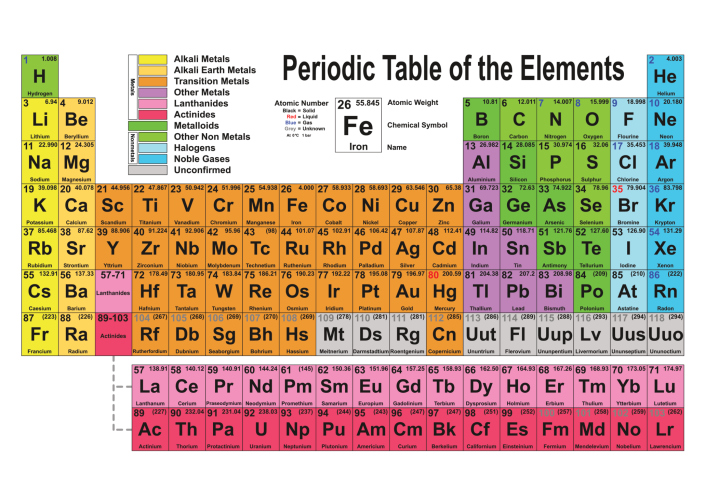By Roy Mathews
In early April, the U.S. Senate Energy Committee examined the feasibility of building domestic supply chains for crucial minerals. The U.S. is currently completely dependent on imports of rare earth elements (REEs) that will determine whether the Biden Administration’s environmental and electrification goals are met. REEs also are used in essential defense systems like fighter jet engines, missile guidance and defense systems, and secure communication networks. Regardless if you are a champion of environmental protection or a strong national defense, bringing crucial supply chains to the U.S. will result in less emissions, higher environmental standards, and more control over materials that are the key to a greener and more secure future.
Green technology that underpins solar panels, wind turbines, and the lithium-ion batteries that store energy all require REEs. Neodymium, cobalt, copper, and lithium are all used in electrical vehicles, and those minerals are just a few of the 17 key minerals that the U.S. is completely dependent on imports for, and they’re a fraction of 29 other minerals that the U.S. imports half its domestic needs.
It’s hard to authorize domestic mining for these materials with environmental activists pressuring the Biden Administration into revoking permits. What policymakers must understand is that mining for these highly-sought after materials will occur. They’re choice is simple: We can outsource mining to developing countries that use child labor, pollute with little consequence, and ultimately contribute to a massive emissions from shipping; or we can monitor operations at home with high environmental, emission, and workplace safety standards.
Bringing mining operations home would also reduce the risk of other countries impacting the U.S.’s renewable energy transition. If China, Russia, Vietnam, or any of the top REE producers decide to limit the amount of REEs being sold to the U.S. there will be no clean energy transition. Making mining easier for U.S. firms without sacrificing environmental standards is possible. Currently, it takes almost five times longer to open a mine in the U.S. than in Canada, which is increasing its ability to supply REEs. Mines must be able to function for years in order to pay off high start-up costs. In order to protect a potential nascent U.S. REE industry, the U.S. military could insulate it against foreign price manipulation by agreeing to purchase a portion of product from these new mines. Add to that insulation a green technology industry that is projected to hit a market value of $42 billion by 2028 and that equals hundreds of new private sector jobs out of the vast amount of REE reserves in the U.S.
Improvements have been made to bringing supply chains home, but the U.S. is still reliant on crucial materials that make up ordinance and weapons systems for its military. The current supply chain crisis has exposed that many key materials, like spare parts, are vulnerable to shortages in non-wartime. Materials as simple as batteries for goggles, radios, and weapon optics and more advanced batteries for submarines experienced a shortage when three-quarters of the world’s factories responsible for manufacturing batteries out of REE shut down due to the Covid-19 pandemic. All of those factories are located in China. That means China can easily control the ability of U.S. soldiers to be properly kitted and cripple the manufacturing process for several weapons platforms. The semiconductor shortage that the world is still recovering from is another weakness that has repercussions for U.S. defense, as semiconductors are important dual-use materials for civilian and military electronics.
A domestic mining and REE industry can only serve to fix long-standing dependence on China for crucial defense materials and allow for a cleaner and more efficient energy transition. Conserving the environment to the point where no mine, industrial site, or manufacturing hub can be developed in the U.S. will come back to haunt Americans. Higher emissions from importing goods from overseas will continue to warm the planet, while access to these crucial minerals will give more influence and power to authoritarian regimes in China and Burma.
Roy Mathews is a Public Policy Associate at the Alliance for Innovation and Infrastructure (Aii) in Arlington, VA.
Originally published by RealClearEnergy. Republished with permission.
